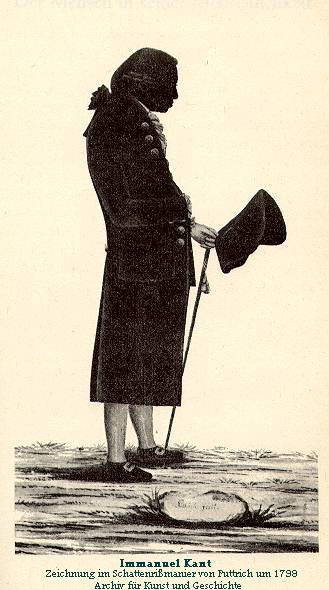
In his biography of Michel Foucault, James Miller notes this important Kantian element in Marx:
“Although the Cartesian sense of subjectivist coincided with individual consciousness and the cogito, in German philosophy after Kant the term came to connote a universal faculty (in Kant, the transcendental ego as the condition of the unity of empirical perception). The Marxian concept of subjectivity, then, invokes the Kantian rather than Cartesian tradition.”
(Miller, The Passion of Michel Foucault, 1979, 4)
That is, Marx’s subject is a universalized, collectivized, noumenal being, not a particular, individual, phenomenal being. Think Rousseau/Kant/Hegel, not Locke/Smith/Mill. Here is early Marx, for example:
In his species-consciousness man confirms his real social life, and reproduces his real existence in thought; while conversely, species-life confirms itself in species consciousness and exists for itself in its universality as a thinking being. Though man is a unique individual – and it is just his particularity which makes him an individual, a really individual communal being – he is equally the whole, the ideal whole, the subjective existence of society as thought and experienced. He exists in reality as the representation and the real mind of social existence, and as the sum of human manifestations of life.
Economic and Philosophical Manuscripts (1844)
Related: Violent Politics—the Lesson of Marxist *Philosophy* [Open College series].